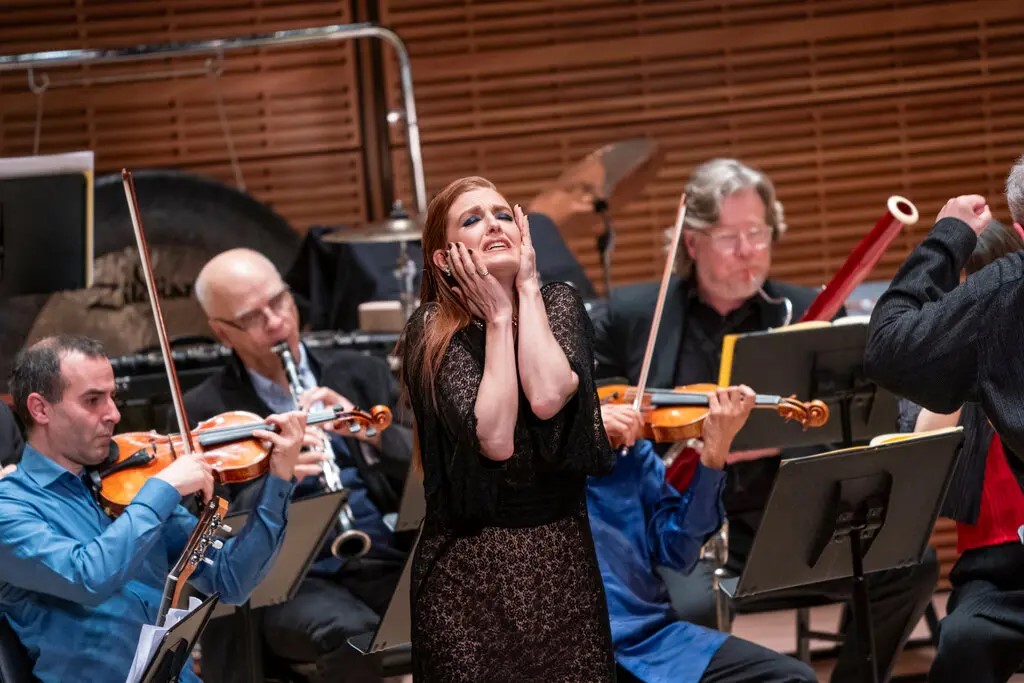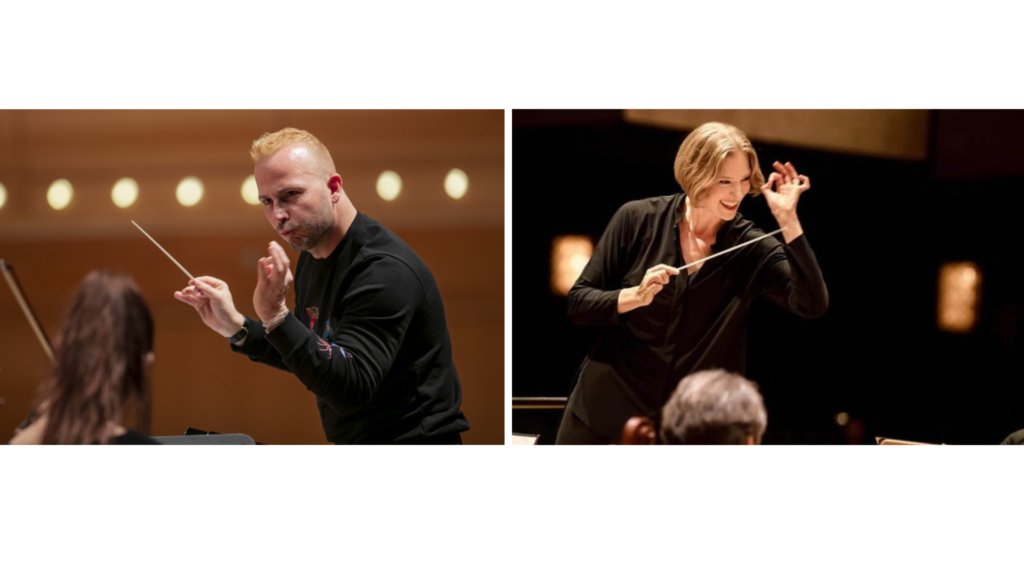The two most recent volumes of the Kurt Weill Edition have won prestigious 2009 Paul Revere Awards, granted annually by the Music Publishers’ Association for outstanding examples of graphic design. The newest volume in the KWE, Popular Adaptations, 1927-1950, won First Prize in the Folio (Vocal Score) division and the Special Citation for Book Design. Second Prize in Folio (Full Score) went to the critical edition of Weill’s Zaubernacht. Earlier volumes of the Edition, including Chamber Music (2005) and Der Protagonist (2008), have also won Paul Revere Awards.
Popular Adaptations, edited by Charles Hamm, Elmar Juchem, and Kim H. Kowalke, represents a striking departure from traditional composer-based critical editions. It shows reduced-size, full-color covers of every piece of Kurt Weill sheet music published during his lifetime, along with other adapted and arranged publications of his work. Nearly forty complete items are reproduced at full size in black and white. Professor Hamm’s essay chronicles Weill’s career and the complex dealings with his publishers related to various popular exploitations of his work. The images and the essay combine to form a revealing record of a composer who attempted to unite serious and popular music on two continents during the first half of the twentieth century.
Weill’s first stage work, Zaubernacht, was composed and first performed in 1922, when he was still a student of Ferruccio Busoni. No full score of the ballet-pantomime survived, but the dramatic discovery of a set of original instrumental parts at Yale University in 2006 allowed the editors, Elmar Juchem and Andrew Kuster, to recreate the full score and scenario. Not only an achievement in design but in musical reconstruction as well, this volume represents a Kurt Weill Edition milestone.


